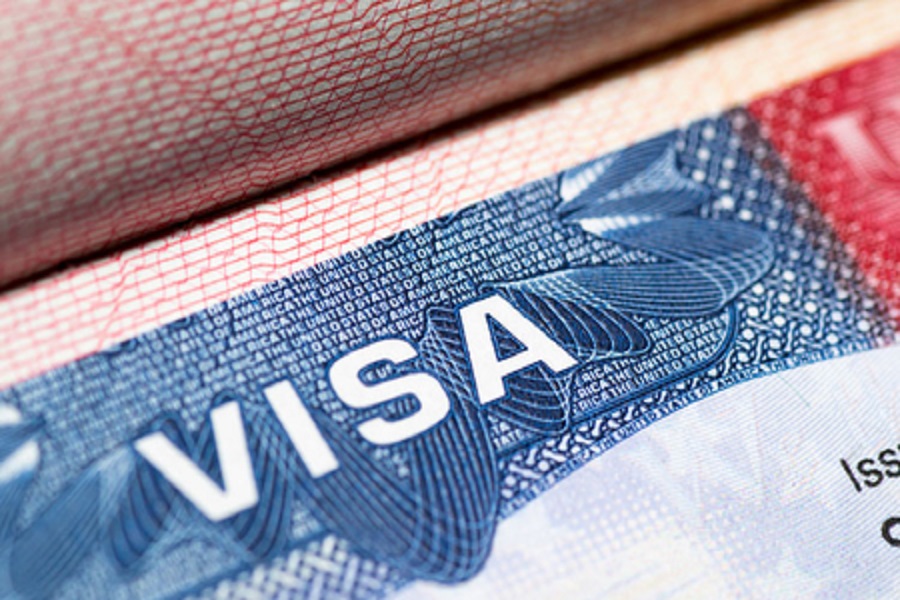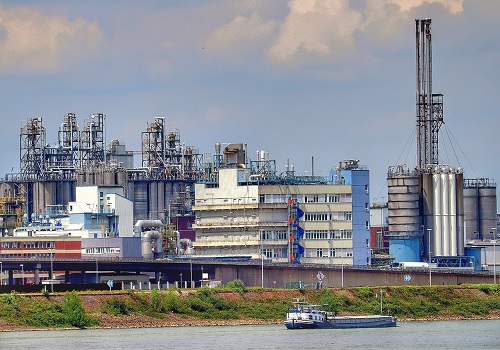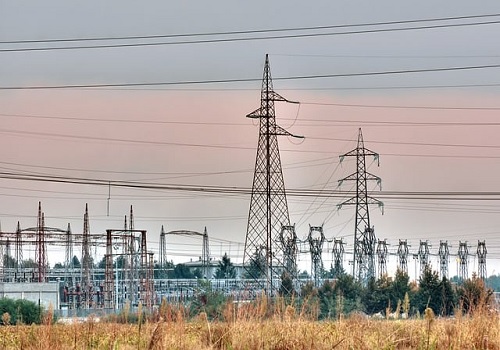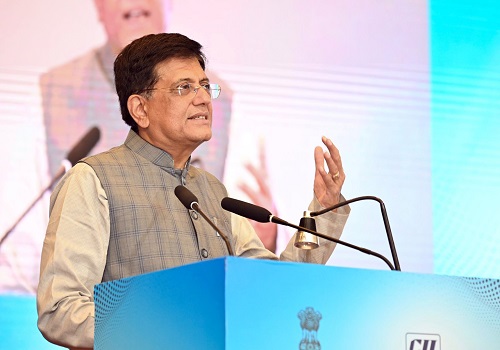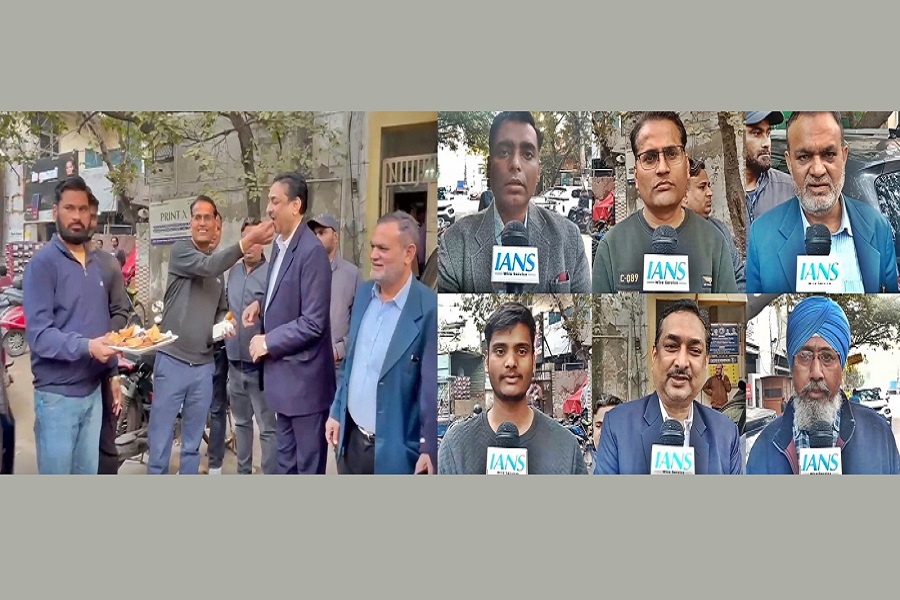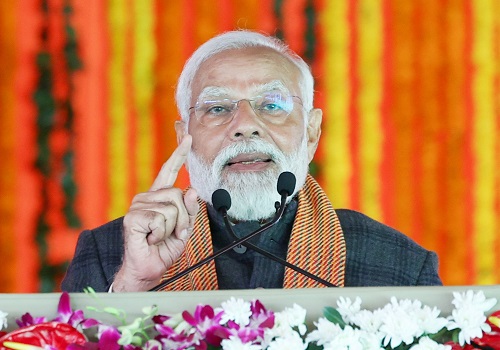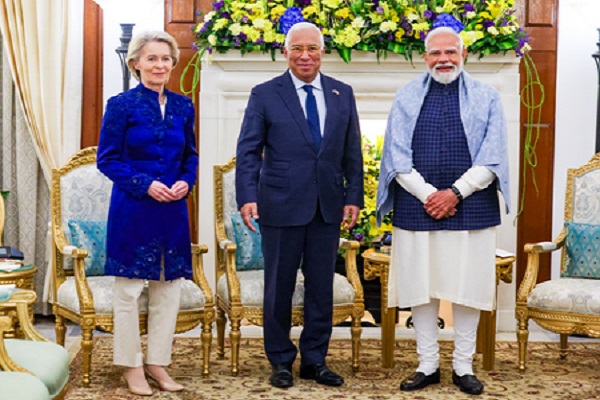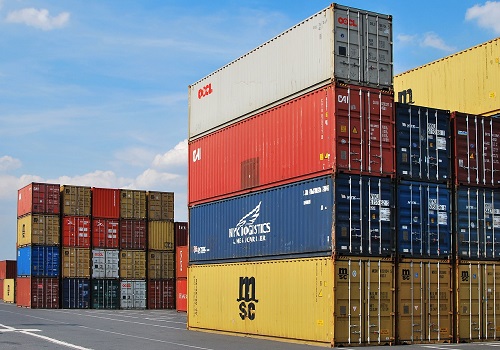India has adequate energy supplies for coming months: Hardeep Sing Puri
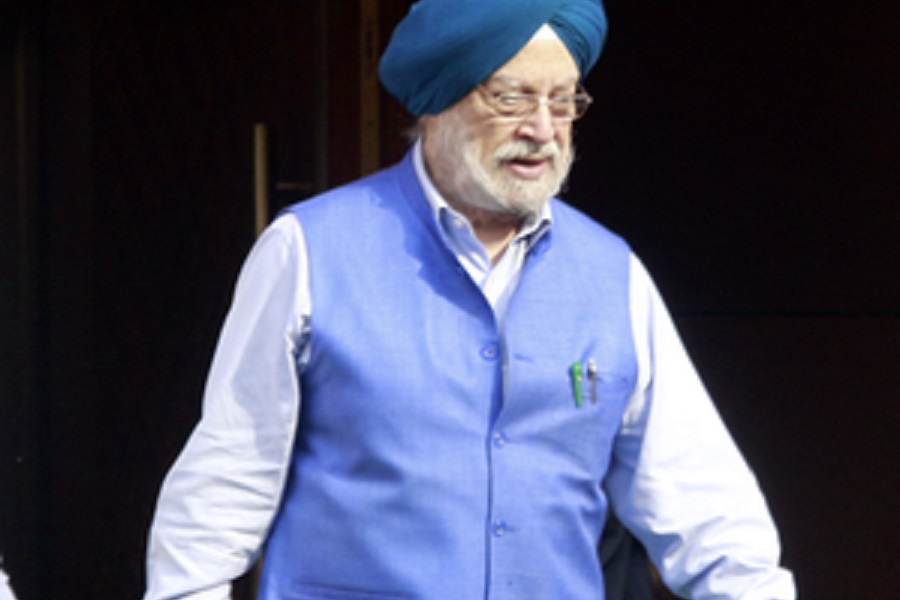
Petroleum and Natural Gas Minister Hardeep Singh Puri on Friday assured that the country has adequate supplies of petroleum products such as petrol, diesel, jet fuel, and LPG for the coming months.
"Held a periodic review with Secretary, Petroleum Ministry and India’s oil PSUs. We have adequate energy supplies for the coming months," the minister said.
His statement came after a review meeting with the CMDs of the national oil marketing companies - Indian Oil Corporation, Bharat Petroleum Corporation and Hindustan Petroleum Corporation. The Petroleum Secretary was also present at the meeting.
"India’s energy strategy is shaped by successfully navigating the trilemma of energy availability, affordability and sustainability under the dynamic leadership of Prime Minister Narendra Modi," the minister said.
The minister’s statement comes against the backdrop of increasing uncertainty in the global market with oil prices surging by more than 9 per cent on Friday after Israel’s attack on Iran’s nuclear facilities and missile production sites led to a further escalation in geopolitical tensions in the Middle East.
The price of benchmark Brent crude surged by over $6 to cross a five-month high of $78 per barrel.
According to a report by Emkay Global, Iran produces around 3.3 million barrels per day (mbpd) of crude oil (3 per cent of global) and exports around 1.5 mbpd, with China being the main importer (80 per cent), followed by Turkey. Iran is also on the northern side of the Strait of Hormuz/Persian Gulf through which 20mbpd+ of oil trade flows with Saudi Arabia, UAE, etc also shipping it, and in the past, it has warned of blocking the same.
Hence, a wider Middle East conflict with an impact on Saudi, Iraq, Kuwait, and UAE oil supplies can lead to a sharp spike in oil prices. With the US-China trade conflict, China didn’t adhere to Western sanctions on Iran and kept buying the same, though in the last few months, it was reported they reduced their intake. India doesn’t import any Iranian oil, the report states.
Highlighting the infrastructure milestones in the oil and gas sector, Puri had earlier said that the country now has 23 modern operational refineries with a total capacity of 257 million metric tonnes per annum to produce petroleum products.
The minister also highlighted the ministry’s initiative in setting up storage facilities for strategic petroleum reserves, on which the country can fall back in times of emergency and which assume importance during times of geopolitical uncertainty. These reserves can also be dipped into at times when global prices skyrocket to provide a cushion to the national oil companies.
The minister mentioned that the storage capacity at Pudur is 2.25 million metric tonnes (MMT), the Visakhapatnam facility has the capacity to store 1.33 MMT of crude oil, while Mangaluru has a storage capacity of 1.5 MMT. Besides, another strategic reserve facility is being built at Chandikhol, which is also on the sea coast.
While in the near term oil would be highly volatile, the Emkay report states that with OPEC+ announcing another production hike in July, fundamentally oil markets remain well supplied and further Iranian supply cuts can be accommodated, the Emkay report states.
As far as the impact on the Indian economy is concerned, the report states: "As of now, we are not changing our forecasts and continue to see CPI inflation undershooting RBI’s estimate of 3.7 per cent to average much lower 3.3-3.4 per cent in FY26. We note every $10/bl increase in oil leads to annualised gain of 35 bps in CPI inflation."
"Our Energy team maintains a positive view on India’s oil market companies on the back of strong marketing margins and core GRMs (gross refining margins), also holding up to $75/bbl Brent for the remaining part of the year. Our estimates don’t see downside risks," the report added.








